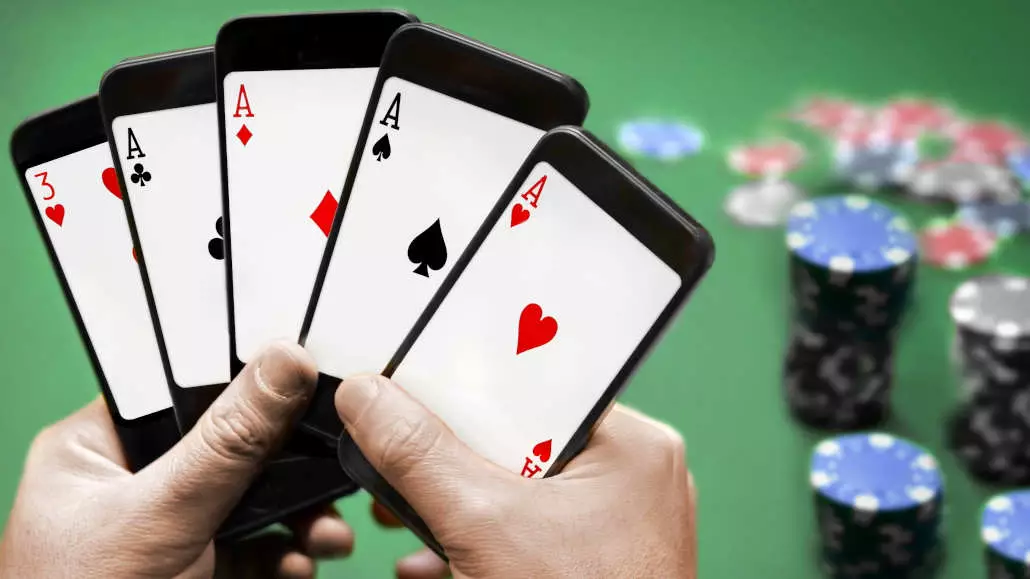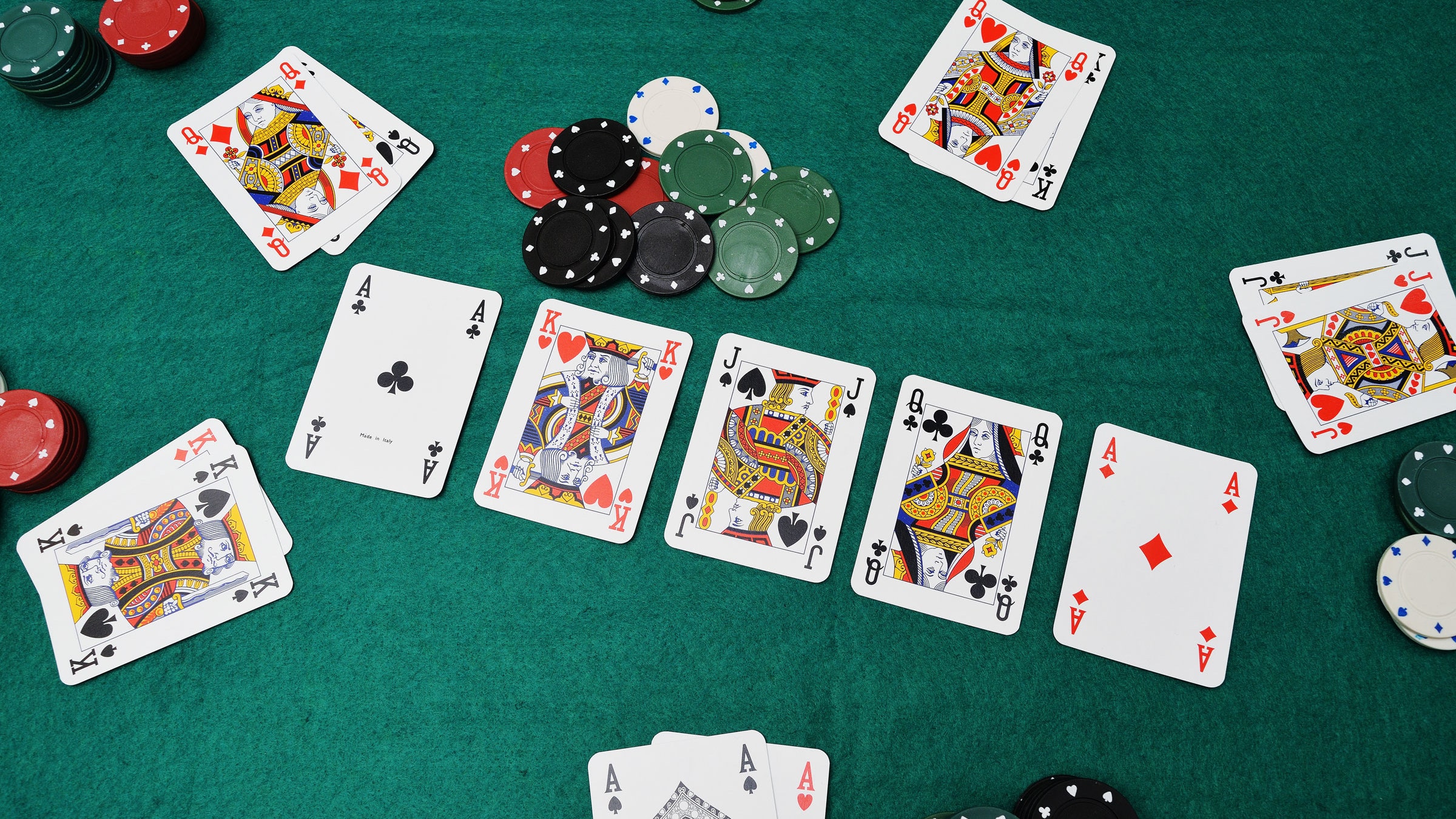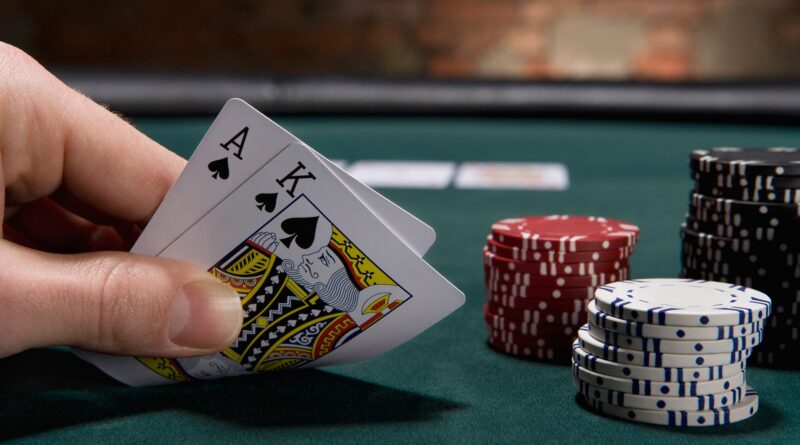The Fascinating Journey of Poker Through History
Over time, various forms of entertainment have emerged and evolved, their tracks firmly imprinted on the sands of time. One such form of amusement that has navigated the course of history is poker. This card game, though simple in design, holds a rich narrative of historical development that takes us through the corridors of different cultures and societies.
Origin Stories

The origins of poker are a topic of heated debate among historians. Some believe it dates back to the 10th century, to a domino-card game played by a Chinese emperor, while others trace its roots to the Persian game “As Nas” from the 16th century. Yet others propose that poker is a derivative of the Spanish game “Primero” or the French game “Poque.” Irrespective of its original source, poker’s concept found its way into many cultures, hinting at the common desire for strategic games of chance.
Crossing Continents
In the 18th century, the French colonists brought Poque to North America, specifically to their settlements in the region that would become New Orleans. The game began to morph into a more recognizable form of poker, primarily due to the incorporation of English-speaking settlers’ influence. As the game moved northward along the Mississippi River, its popularity grew, further solidifying its place in American culture.
Evolution of the Game

The poker we recognize today is vastly different from its initial versions. With the expansion across North America, the game began to incorporate a 52-card deck, which allowed for more participants and introduced additional complexity. The mid-1800s witnessed the introduction of the “draw” feature, enabling players to trade in cards, thereby introducing an additional strategic element.
The Rise of Texas Hold’em
Poker’s history wouldn’t be complete without mentioning Texas Hold’em, the game variant that has become synonymous with poker itself. Born in the early 20th century in the state of Texas, it wasn’t until the game hit the casinos of Las Vegas in the 1960s that it started to gain traction.
This version of poker, with its unique blend of strategy and chance, found resonance with players across casinos and, eventually, with a broader audience. Its spectator-friendly nature led to a boost in its reputation, further accentuated by its feature in prominent tournaments and cinema.
Poker and the Online Transition

A significant milestone in poker’s history was its transition to the online platform. With the introduction and growth of the internet, the accessibility and reach of the game experienced a tremendous shift. You could now play poker at any hour, from any corner of the Earth, without stepping into a physical casino. And this accessibility amplified the game’s reach manifold, bringing in a fresh wave of enthusiasts.
This digital transition led to a new dynamic where strategy, skill, and a little bit of luck could find a universal platform.
The Modern Era
Today, poker holds a distinctive place in the spectrum of global games. It’s not merely about winning or losing; it’s about the strategy, the reading of opponents, and, ultimately, the enjoyment of the game. Its journey through history is a testament to its enduring appeal and the ability to adapt and thrive.
Influence on Popular Culture
Poker’s dynamic nature has given it a unique position in popular culture. Its feature in numerous films and television series has aided in portraying poker not only as a game but also as a platform for showcasing character traits like bravery, analytical skills, and strategic thinking.
The Role in Literature
Poker’s impact isn’t confined to visual media. The game’s intriguing combination of chance and strategy has sparked the interest of numerous authors, resulting in its appearance in a variety of literary works. From capturing the intensity of the game to using it as a backdrop for character development, poker has found a place in literature, further augmenting its cultural significance.
Poker and Strategic Thinking

Poker is more than a game of luck; it demands a high degree of strategic thinking. Players must read their opponents, anticipate their moves, and make calculated decisions. This aspect of strategic thinking is what sets poker apart from other card games. It’s not merely about the hand you’re dealt but how you play it.
Psychology in Poker
The human element plays a significant role in poker. Understanding your opponents, reading their facial expressions and body language, bluffing, and baiting are all psychological strategies employed in the game. This interplay of psychology and strategy provides the game with a fascinating depth and complexity.
The Future of Poker
As we move forward, the game of poker is likely to continue its evolution. With advancements in technology, we may see further changes in how the game is played and experienced. Regardless of the changes, the essence of poker — a blend of strategy, skill, and chance — is sure to endure.
Embracing the Next Generation

In embracing the next generation of players, poker may need to adapt to emerging trends in gaming and technology. Virtual reality, for example, could take online poker to new heights by recreating the tangible feel of a physical game while maintaining the convenience of online accessibility.
Conclusion
As we have traversed the timeline of poker, we’ve seen a game that’s not only survived but flourished through eras and across cultures. Its strategic depth and social dynamics have granted it a unique standing in the gaming sphere. As we look forward, we can expect poker to keep reinventing itself, reflecting the changing tastes and trends of each new generation. Despite the evolution, its essence, steeped in strategy, chance, and psychological gameplay, will continue to captivate players around the globe.



